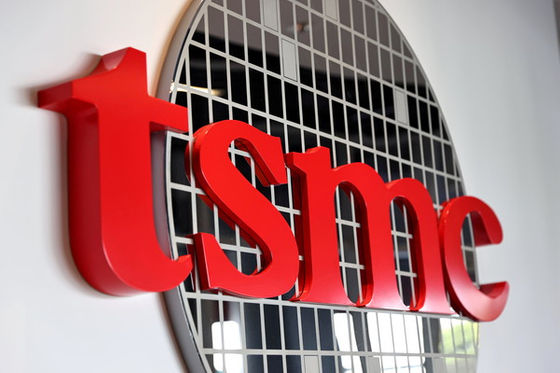Samsung declares 'to catch up with TSMC within 5 years'

The top of Samsung's semiconductor division admitted that the company's cutting-edge chip production technology is two to three years behind Taiwan's TSMC, and declared that it would overtake TSMC by 2028. Reported by Hankyung.
경계현 삼성전자 사장 5년 안에 TSMC 따라잡겠다 | 한국경제

Samsung Foundry Vows to Surpass TSMC Within Five Years

Kye Hyun Kyung, head of Samsung's device solutions division, said in a speech at the Korea Advanced Institute of Science and Technology (KAIST), ``Frankly, Samsung's foundry technology is behind TSMC. We will overtake TSMC.'
Samsung has invested tens of billions of dollars (trillion yen) in the foundry sector to catch up with TSMC and Intel not only in large-scale integrated circuits (LSI) but also in semiconductor process technology. As a result, the gap with competitors has narrowed significantly, but in terms of indicators such as performance, power consumption, transistor density, and cost, TSMC's fabrication technology still lags behind.

by Lee Jilin
Samsung was the first chip maker to adopt Gate All Around (GAA) transistors at the 3nm Gate-All-Around Early (SF3E) node, and Samsung's customers have been enthusiastic about the technology and novel transistor architecture. However, Samsung itself has not adopted this process for its smartphone chips.
Mr. Kyung says, 'Customers' reaction to Samsung's 3nm GAA process is good,' but Qualcomm's Snapdragon 8 Gen 2, the SoC installed in Samsung's flagship smartphone 'Galaxy S23' series, is TSMC's ' Manufactured using the N4 process.
SF4 (4LPP, 4nm class, low power plus), a state-of-the-art technology that Samsung's foundry department can use to create SoCs for devices with strict requirements such as smartphones, is TSMC's 3nm process, as Kyung acknowledged. There is information that it will be used for Apple's SoC mass production, although it is greatly left behind by a certain N3 (N3B).
According to Twitter user Revegnus (@Tech_Reve), known for leaking semiconductor information, Samsung will somewhat fill the gap between TSMC's N3 and N4P with SF4P (4LPP+), which will be available to customers in the second half of 2023. It is said that it is seen that it can be done.
Update: Kyung's comments are an acknowledgment that Samsung's 4nm process, which has similar performance to TSMC's N4P, won't be available to Samsung until 2023, so there is a two-year gap with TSMC.
— Revegnus (@Tech_Reve) May 5, 2023
Comparison of 4LPP+ and N4P based on Samsung's internal evaluation (1/2) https://t.co/L4ezWzaxEm pic.twitter.com/VMHPhY2Fzt
By the time Samsung enters mass production of SF3 (3GAP) in 2024, TSMC is expected to provide more advanced N3P manufacturing technology. Also, around this time, Samsung is planning to provide SF4X (4HPC), a 4nm class manufacturing technology that adapts to high-performance CPUs and GPUs.
Under these circumstances, AnandTech, a technology news site, said, ``Samsung's transition to GAA transistors during the 2022-2023 period is more time than competitors, especially Intel and TSMC, to fix problems with the new architecture. So it makes a lot of sense, given that competitors launch chips in the 2nm class in 2024-2025 and face the same problems Samsung is currently trying to solve. The SF2 node will be able to demonstrate superiority in terms of power consumption and performance.'
Related Posts:
in Hardware, Posted by log1l_ks






